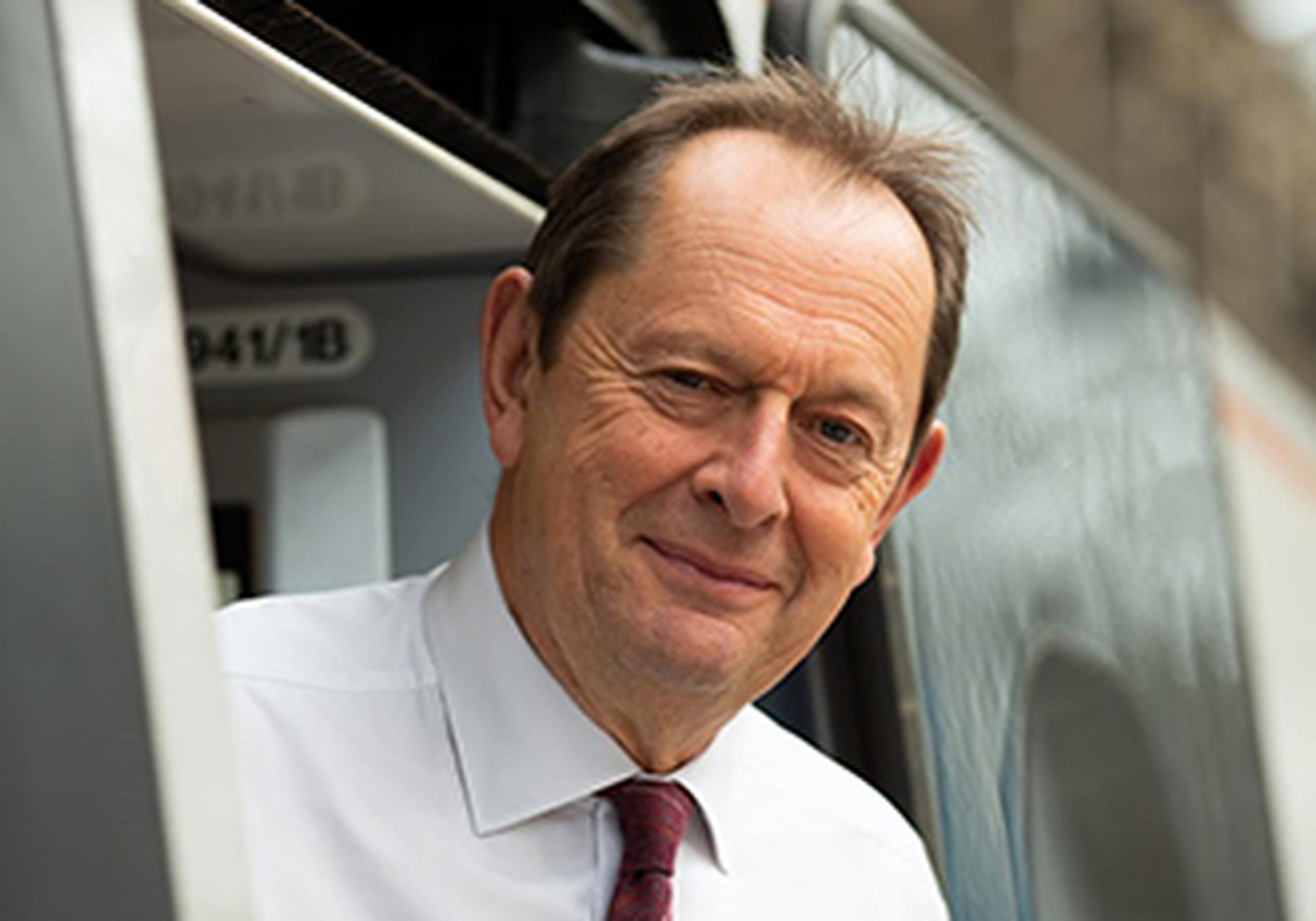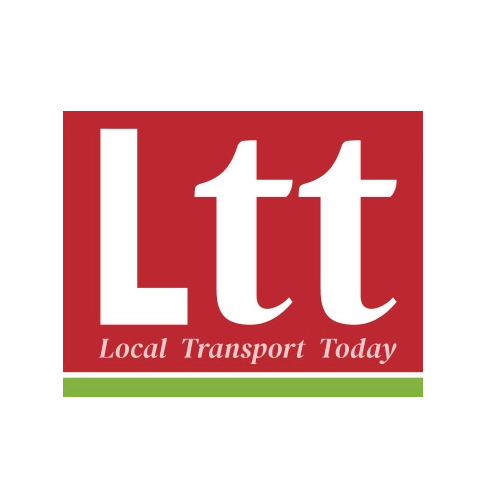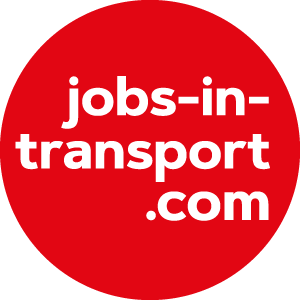My New Year wishes for UK transport
As we enter what is set to be another significant year of change and upheaval in the world of local transport, LTT thought it would be interesting to ask some of the sector's leading thinkers and personalities what they personally would most like to see happen during 2022. Here we bring you their ideas and aspirations.
by
Tuesday 18 January 2022

Anthony Smith, Chief Executive, Transport Focus
Anthony Smith, Chief Executive, Transport Focus
"Passengers will be wishing for clean and reliable buses and trains, value for money fares, good information and visible, welcoming staff. In addition, Transport Focus’s passenger research tells us that the case for changing Britain’s rail fares and ticketing system is overwhelming. The creation of Great British Railways and the reform of the industry, coupled with the need to get people back on-board, provide both the means and the motive for reform. The prize is a more flexible, transparent, easy to understand fares structure which matches the way people want to travel today and in the future."
Steve Gooding, Director, RAC Foundation
"2022 might well be a year when more of us choose to walk, cycle or use the bus rather than driving our cars, but what will our experience be as we bump, bounce, slip and stumble over our poorly maintained roads and pavements? Not good, I fear. So let’s make 2022 the year when we square up to this challenge, not just by upping maintenance budgets (welcome as that would be), but by encouraging our best creative, scientific, engineering and technological minds to find better ways to give us a pothole and trip-hazard-free future."
Tom van Vuren, Regional Director, VLC Europe Limited
"My hope for 2022 is that the proposed changes to the Highway Code, setting down clearly a hierarchy of road users, and associated changes in responsibilities, will be implemented in practice. Coming from a country where even in the eighties (when I passed my driving test), cutting across pedestrians or cyclists was not allowed, I have often despaired about the lack of that rule in practice here. Of course, I am concerned about how the change may affect safety in the short-term. Apparently, not a lot of drivers are aware and inevitably, reporting in the popular press has been less than helpful."
Richard Dilks, Chief Executive, CoMoUK
"The UK is now the only developed country in the world without either permanently legal e-scooters or a committed plan to legalise them. This is not a sustainable or wise position for three key reasons: 1. In the race to drag down the transport sector's stubbornly high emissions, we need all the helpful options we can get. 2. The primary legislation needed to legalise brings a golden opportunity to create a new light vehicle class which would mean the UK could keep abreast of new sustainable options as they develop. 3. It is lawful to sell e-scooters and so we have an unknown but substantial and fast-rising number of totally unregulated e-scooters in the country."
Jo Field, President, Women in Transport
"As the pandemic has changed our working practices irreversibly, and with signs that Covid is far from over, Women in Transport would like to see more organisations in the transport industry adopt long-term flexible working practices in 2022, recognising this is a key opportunity to improve representation and future-proof the needs of the Transport sector. In our Gender Perceptions and experiences working in transport study, published last year, we found that 88% of women surveyed agreed that flexible working would attract women who had left back into the industry, but only 21% of women surveyed agreed the transport industry as a whole had a flexible working culture."
Jonathan Bray, Director, Urban Transport Group
"No more speeches, pledges, hand wringing, talking shops and declarations about decarbonisation. We all know it needs to get done...and fast. Which means it becomes a practical challenge. But one of immense complexity given that different elements of the job require different timescales and come with different price tags and political challenges. The task also requires greater cross sector working - particularly between transport, energy and the built environment. And there will also be a need to balance between mitigating the affects of climate change and decarbonisation as well as stopping doing things that make it worse. An exciting challenge though - now let's really get on with it."
Robert Huxford, Director, Urban Design Group
"Reintroduce the 1994 version of Planning Policy Guidance 13. Today we face an era of so-called “Cowpat development”: small car-dependent housing estates built randomly in the countryside or around isolated villages, in sites well away from essential amenities, workplaces and schools, and which are too small to ever be self-sustaining. PPG13 said that…. “Certain types of development are to be avoided…… the development of small new settlements (broadly those unlikely to reach 10,000 dwellings within 20 years)”. The 1920s were the era of Ribbon development. Let’s make sure 2020s don’t become the era of Cowpat development: let’s revive proper integrated transport and land-use planning before it’s too late."
Mark Frost, Director, Fern Consulting and Chair, Transport Planning Society
"Eighteen year old me would cringe, but I can't deny that I'm very excited about the new Local Transport Plan guidance - incredibly the first update to this since 2009. After a series of critically acclaimed blockbuster publications around active travel, buses and decarbonisation this should be the big one that brings it all together into a coherent and ambitious package for local transport across the next decade. I hope that with great responsibility for local authorities (particularly around net-zero agenda) will come great and consistent resource allocation....As finales go, here's hoping for something in the league of Return of the Jedi (perhaps without the singing Ewoks) rather than Godfather III."
Phil Goodwin, Emeritus Professor of Transport Policy at UCL and UWE, and Senior Fellow of the Foundation for Integrated Transport
"For me: Crossrail fully operational to Woolwich, with higher frequency on connecting 244 bus.
For family: School Street for Hackney New Primary School
Transport Authorities: One year pause on road projects, thoroughly revising appraisals using 2021 carbon values. Also rebase traffic wrt Covid and Brexit; forecasting scenarios to include 20% reduction in traffic, and 2 or 4°C global temperature. Publish for public scrutiny and engagement. New infrastructure budget with saved funding reallocated to flood, drought, storm and carbon measures. (Comprehensive all-modes pricing plan in my 2023 list).
Urban Streets: 20sPlenty and serious enforcement against pavement parking."
Keith Mitchell, Director: Transport & Place, Stantec
"Transforming our roads: A complete rethink of national road investment, creating a programme that accelerates the change we need to future road transport operation and delivers prioritisation and pricing to reflect carbon impact;
Prioritising Active Travel: A radical scaling up of investment in infrastructure for active transport and micro mobility, making zero/low carbon travel options first choice. We have had the transport modal hierarchy since 1994, so let's make up for 27 years of missed opportunity;
Adoption of the climate education bill, to ensure that climate change and sustainability is integrated throughout the curriculum in primary and secondary school, thus ensuring all children understand the impacts of climate change on their lives, and what they can do about it."
Bob Saxby, Former chair of the Association of Transport Coordinating Officers
"Since deregulation outside London in 1986 it has become clear that the system in London has been much more successful and user friendly. BWS GWYNEDD, from 1986 to 1996, was a London style network of contract routes in a rural area and it worked well until it was undermined by commercial registrations resulting in a loss of connectivity, reduced vehicle standards etc.
There is currently little professional expertise to deal with buses in Wales as unitary authorities and most operators are too small to afford experienced transport professionals. TfW need to recruit transport professionals and consolidate bus funding so that they can design, procure and market a properly planned bus network for Wales in consultation with users, operators and authorities. This should be fully integrated with rail and accompanied by a uniform high standard of information."
Glenn Lyons, Mott MacDonald Professor of Future Mobility at the UWE
"I really hope that there will be the promised Government action to control Pavement Parking early on this Year.
2022 should be the year that this issue is finally tackled- and a proper balance of advantage is created between walkers, wheelers and those in cars.
Social norms have become distorted so that many motorists have assumed a form of privilege, ignorant of the implicit sense of entitlement they enjoy and have grown to expect at the expense of others. This comes at a serious cost to the walker and wheeler.
It’s now over a year since the UK government’s consultation on options to tackle pavement parking closed. “We’re analysing your feedback” is still the message on the consultation web page.
It is clear to me that the right course of action has to be option three which would establish a general rule against pavement parking except where there is specific permission for it. This would mirror the London pavement prohibition and motorists would benefit from a consistent rule: ‘you must not park on a pavement except where signs permit’."
John Dales, Director, Urban Movement
"I’m delighted that the new Highway Code, due to come into force on 29th January, sets out a ‘Hierarchy of Road Users’. A new Rule H1 places the onus on those users who can do the greatest harm to have the greatest responsibility to reduce the danger or threat they may pose to other users. But this is only a start. The most vital form of messaging that the Government (or, rather, Parliament) can make in the field of highway safety is to deliver urgently on its 2014 promise of a comprehensive review of relevant offences and penalties, together with revised sentencing guidelines. I gather that this should come through the Police, Crime, Sentencing and Courts Bill currently going through Parliament, but it can’t come soon enough"
Andrew Braddock, Director ABOUT, Immediate past Chairman of the Light Rail Transit Association
"Government needs to swap the £3Bn earmarked for buses with the £27.5Bn promised for roads. Road-building is not sustainable in the climate crisis. Cities need revenue-raising powers to fund investment in tram systems and electric bus fleets. A fully-integrated public transport system with nationwide integrated ticketing must be achieved. For all key corridors rail-based public transport must be the priority. New housing must only be built where car dependence can be eliminated, through development of new urban areas around existing or new light rail lines. Local Government must be reformed with larger unitary authorities to replace long-outdated counties and districts"
Matthew Harris, Director, Markides Associates
"To see further recognition by officers and other stakeholders within the planning community of the value in the integrated design of transport, infrastructure and land stewardship, and how that can positively contribute towards addressing the Climate Emergency whilst creating better places and spaces. Whilst maybe a way off, it would be phenomenal to see mechanisms within the planning system that recognises and rewards proposals that tackle these challenges head on and prioritises them over traditional forms of assessment"
Join us now and read the rest of this Post.
Register now to read moreYou can find out more about our services here
Related articles
My New Year wishes for UK transport
As we enter what is set to be another significant year of change and upheaval in the world of local transport, LTT thought it would be interesting to ask some o
Are transport specialists practising self-deception?
One of the topics explored at the Local Transport Summit was how the expectations of ‘transport professionals’ in planning for the future compare with those of
New thinking on rail appraisal should extend across the modes
David Metz took a closer look at the underpinning analysis behind the government’s recent Integrated Rail Plan for the North and Midlands. He found a new set of
Time to act on pavement misuse
Glenn Lyons is fed up with waiting for promised government action to control the abuse of pavements by motorists and motoring. He wants 2022 to be the year that
Misplaced understanding about street safety is not an accident
In his latest regular contribution John Dales focuses on how the real cause of deaths and injuries on urban roads has been inadequately recognised. He hopes new
Technology brings challenges as well as benefits
Peter Stonham, Editorial Director, Local Transport Today





